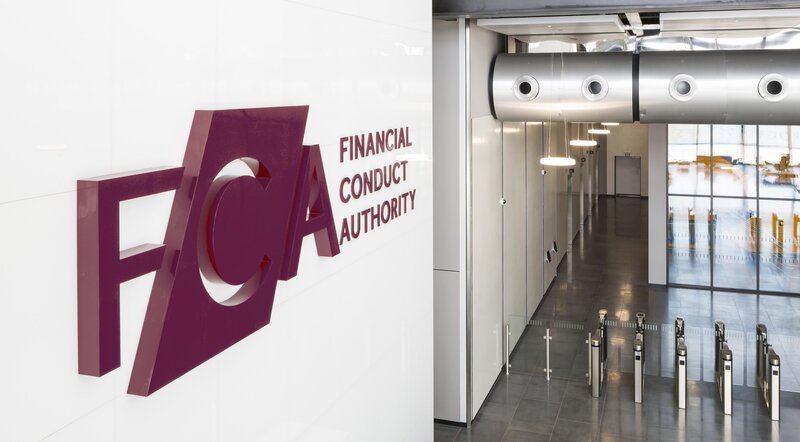The government’s consultation on how to implement key measures of the Leasehold and Freehold Reform Act 2024 closed on Friday, paving the way for wide-ranging secondary legislation that could transform the management of residential leasehold property.
The Act, which received Royal Assent last year, sets out a broad framework for reform. However, the consultation makes clear that the detail of secondary legislation will determine how far the measures reshape the sector.
Proposals under consideration include standardised service charge demands; tighter rules on demand notices; expanded rights for leaseholders to access building safety and financial information; restrictions on the recovery of landlords’ litigation costs and the regulation of managing agents through mandatory professional membership and qualifications.
Brethertons Solicitors, a leasehold practice, says the scale of the proposals signals a cultural shift in leasehold law.
LANDLORD RIGHTS

And Roger Hardwick, Residential Leasehold Partner at the firm, warns that the detail would matter enormously in determining whether the reforms strengthen leaseholder protections without undermining the property rights of landlords and freeholders.
He says: “These proposals go far beyond tweaks to leasehold law – they signal a cultural shift towards greater transparency and accountability in the sector.
“For leaseholders, the changes promise real empowerment through clearer financial reporting and stronger rights to information. For landlords, resident management companies and managing agents, the challenge will be adapting to new compliance duties that could bring cost and administrative burdens.”
COST IMPACT
The potential impact on costs is already a source of debate. Standardised accounts, prescribed forms and tighter reporting requirements could increase compliance expenses for landlords and managing agents, which in turn may influence service charges.
The proposed restrictions on recovering litigation costs through service or administration charges – unless approved by a tribunal – may also leave landlords more exposed to legal expenses.
For leaseholders, the reforms promise greater transparency in how charges are set and spent, but there remains uncertainty over how transitional provisions will be structured and whether standardised processes will allow sufficient flexibility to deal with complex management arrangements.
PRESCRIPTIVE ENVIRONMENT
With secondary legislation expected to follow in 2026, industry participants are preparing for a more prescriptive compliance environment.
Housing lawyers caution that while the reforms may improve tenant protections, they also risk triggering further challenges if stakeholders believe property rights are being curtailed too aggressively.
For now, leaseholders, landlords and managing agents are advised to continue operating within existing legislation while preparing for a regime that could bring the most significant changes to leasehold management in a generation.









